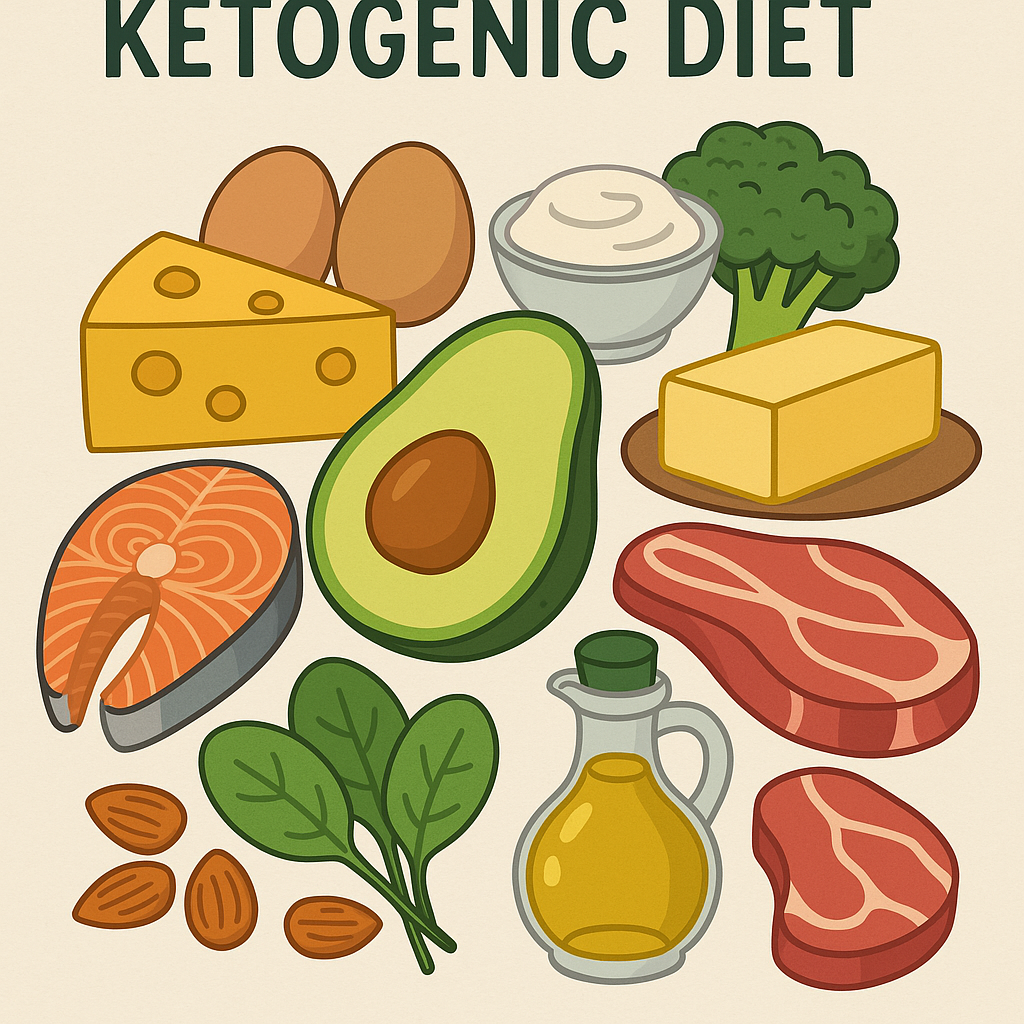
Ketogenic Diet May Reverse Epigenetic Aging by Over Six Years, Study Finds
A new study from Spain suggests that a very low-calorie ketogenic diet (VLCKD) can significantly reverse epigenetic aging—biological aging at the molecular level—by more than six years. The findings, published in Nutrients, highlight the potential of dietary interventions in slowing down the aging process, particularly in individuals with obesity.
Obesity and Accelerated Biological Aging
Obesity, which affects over 40% of adults in the United States, is linked to a higher risk of chronic diseases and a shortened lifespan due to its impact on biological aging. The study examined the effects of obesity on epigenetic aging, using DNA methylation patterns measured through epigenetic clocks.
Researchers analyzed a cross-sectional cohort of 20 individuals with normal weight and 28 individuals with obesity. They found that participants with obesity had an accelerated biological age of 4.4 years, while those in the normal-weight group showed an age deceleration of 3.1 years.
Ketogenic Diet’s Impact on Biological Aging
To further investigate the impact of a ketogenic diet on aging, researchers conducted a 180-day trial with 10 individuals with obesity. Participants followed a VLCKD and underwent blood tests at baseline, after 30 days, and at the study’s conclusion.
The results were striking—after just 30 days, participants experienced a biological age reversal of 6.1 years. At the 180-day mark, the anti-aging effect remained consistent, with an average deceleration of 6.2 years.
Scientists attribute this effect to the state of nutritional ketosis, in which the body shifts to burning fat instead of carbohydrates. The study found that higher levels of beta-hydroxybutyrate, a ketone body produced during ketosis, were associated with slower biological aging.
Additional Health Benefits and Future Research
Beyond slowing biological aging, participants on the VLCKD also showed improved glucose and insulin levels, a crucial finding given the link between obesity and type 2 diabetes.
While these findings suggest that epigenetic aging can potentially be reversed through diet, researchers emphasize the need for larger studies to confirm and expand upon their results. They aim to further explore the role of ketone bodies in regulating the aging process at a genetic level.
This study adds to the growing body of research on ketogenic diets, which were originally developed to manage epilepsy but have since gained popularity for their weight-loss and metabolic benefits. However, experts caution that long-term adherence to such restrictive diets should be carefully monitored due to potential cardiovascular risks.
As interest in anti-aging strategies continues to rise, this research underscores the potential of dietary interventions in influencing biological aging and overall health.